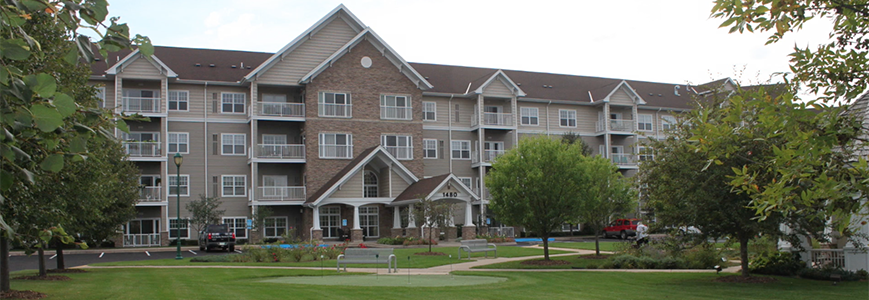One of the greatest concerns of people considering moving to a Senior Residential building, is the financial condition of the organization. When an orginization has not set aside reserves to cover future replacement costs, the members may face catastrophic special assessments which are like "Vultures" waiting to chew up your savings.
This condition is so prevelant among Common Interest Communities (like a condominium, town home or cooperativ e) that, in 2010, the Minnesota Legislature passed legislation that requires the Boards of Common Interest Communities to report, starting in 2013, that the association has adequate reserves to meet the expected replacements. The exerpt shown in the box below states the requirements as stated in the revised law:
e) that, in 2010, the Minnesota Legislature passed legislation that requires the Boards of Common Interest Communities to report, starting in 2013, that the association has adequate reserves to meet the expected replacements. The exerpt shown in the box below states the requirements as stated in the revised law:
From 515B.3-1141
"The association shall include in its annual budgets replacement reserves projected by the board to be adequate, together with past and future contributions to replacment reserves to fund the replacment of those components of the common interest community which the association is obligated to replace by reason of ordinary wear and tear....................
What does this mean to a prospective member? If the association doesn't have adequate reserves, and they need to play "catch up" to get in compliance with the new law, it can only mean increased fees. So a new member may be faced with sharp increases in fees without knowing the risk.
How can a prospective new member avoid this risk? Ask for proof that an association has done a reserve analysis and ask for a copy to review.
What should the reserve analysis include? An effective reserve analysis should include the following:
1 - A complete listing of all assets that will need to be replaced in the next 20 years.
2 - An estimated life expectancy for each asset listed.
3 - A list of current replacement costs for each item listed.
4 - An index of inflation increases up to the year of expected replacements.
5 - An estimate of the rate of return on the reserve funds invested.
What about Applewood Pointe of Roseville, how does it stack up with respect to reserves? In its first year of existance, the Board of Directors instructed the finance committee to do a reserve for replacement analysis. Since opening in 2004, our Board has systematically invested in reserves the amounts needed to protect our members as calculated by the reserve analysis model.
No member of Applewood Pointe of Roseville should ever face a special assessment for replacement! Our cooperative has over $2.5 million available for replacement of roofs, parking lot, floor covering, appliances and any other asset that will need replacing.
There are several Applewood Communites, are all of them as well protected financially? The Applewood Communites all were built by the same developer and most are managed by the same management company.
However, the management company doesn't set financial policy, the respective Boards of Directors do. Therefore a prospective member, should apply the procedures outlined above and ask for the same proof of adequate reserves before making a final decision.
